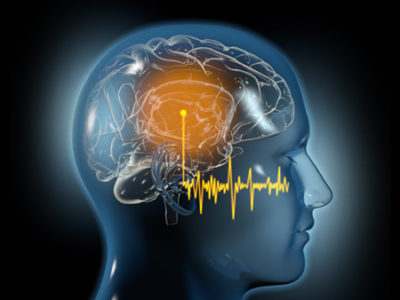- Home
- About Us
- Meet Our Team
- Patient Forms
- Hearing Evaluations And Testing
- Hearing Aid Fitting and Repair
- Custom Earmolds And Ear Plugs
- Tinnitus Management
- Types Of Hearing Aids
- Hearing Aids We Carry
- Caring For Your Hearing Aids
- Types of Hearing Loss
- How The Ear Works
- Dizziness and Balance
- Your Balance System
- Vestibular Rehabilitation
- Balance Testing
- Aftercare
- Blog
- Contact us
About Us
Hearing
Dizziness and Balance
“My ears are ringing.”
It’s a complaint we hear every day. The noise inside your head may sound like ringing, buzzing, chirping, humming, roaring, pulsing, or something very different. But what is it? Is it dangerous? What can I do about it? More than likely, the symptoms you are describing are caused by tinnitus.
What is It?
Tinnitus (pronounced tin-ih-tus) is a persistent noise inside of your head. The symptom is extremely common, affecting about 20% of the general population. Tinnitus is usually just a symptom or side-effect of some other condition. The most common underlying problem is hearing loss. There are tens of thousands of tiny hair cells inside the inner ear structures. The hair cells can sustain damage (from excessive noise, certain medications, other diseases, etc.). When the hair cells are damaged, they can no longer innervate the auditory nerve properly; this disruption causes an abnormal perception of sound.
Interestingly, men are more likely than women to have tinnitus. The problem is more common in older populations, and Caucasians are more likely to experience tinnitus than other ethnicities. People exposed to loud noises or suffering from hearing loss are even more likely to display symptoms.



Is It Dangerous?
In most cases, no. It is very unusual for tinnitus to be anything more than a nuisance. On occasion, it can be a sign or symptom of something more serious happening inside the ear. Many diseases (and many medicines!) have tinnitus as a side effect. The sudden or extreme onset of tinnitus should be evaluated immediately.
What Can I Do About It?
Contact us to get a full evaluation. Online resources and research are great. But to really find out what’s going on with your tinnitus, you need a full evaluation. Depending on the outcome, there may be ways of reducing or even eliminating the symptoms. Commonly, many people have to learn to live with their symptoms, but there are usually some good strategies for managing the problem.
The bad news is that it has no cure. The tiny structures in the inner ear are simply not accessible for repair.
Managing Tinnitus
The good news is that many treatment and management options are available. For most people, tinnitus is not noticeable as long as there are other sounds to keep their attention. Many who have tinnitus use a fan or bedside noise-maker during the night to help mask the sounds and other symptoms they suffer from. When the tinnitus is associated with a hearing loss, then hearing aids are often the most effective form of tinnitus treatment/management.
The Balance and Hearing Institute has recently started carrying a solution for patients who have more severe symptoms.
A tinnitus sound therapy system called “Levo” has recently arrived on the market. It works by slowly acclimating your brain to the unique tinnitus noise you suffer with. This acclimation process works best at night. This is because after you go to sleep, your brain naturally habituates background noise. The Levo system takes advantage of this ability by reducing the intrusiveness of tinnitus sounds to that of mild background noise.
To learn more about this system, please call, contact us or visit the Levo site.
Want an individualized tinnitus treatment plan?
CALL US NOW

